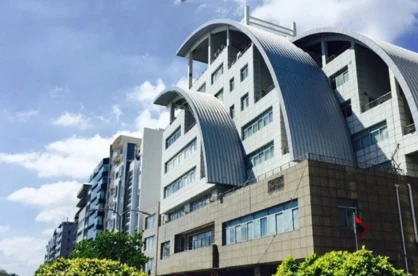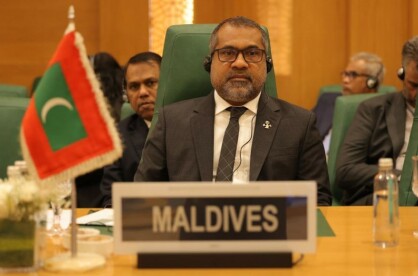The Maldives’ education sector is on the cusp of an exciting transformation, as the Ministry of Education unveils a groundbreaking opportunity for Maldivian teachers to contribute to the development of textbooks for the Cambridge International (CIA) curriculum. For over two decades, the Maldives has been conducting CIA examinations, which were introduced in 2002, following the transition from the University of London Examinations and Assessment Council (ULEAC) or EDEXCEL examinations in 2001.
Since adopting the CIA curriculum, the country has predominantly relied on textbooks imported from abroad. These imported resources have played a crucial role in providing a steady stream of information to help prepare students for their final examinations, which serve as a gateway to higher education. Over time, however, Maldivian educators have not only mastered the content of these textbooks but have also developed their own insights and teaching methodologies tailored to the local context.
As a result, many teachers have taken the initiative to create their own notes and teaching materials, which have become increasingly popular among students. These locally crafted resources are now widely regarded as more relevant and effective for study purposes than the imported textbooks provided by the Ministry of Education.
Commenting on this transformative initiative in the education sector, the Minister of Education, Dr. Ismail Shafeeu, highlighted the multiple benefits of engaging Maldivian teachers in developing textbooks for the Cambridge International (CIA) curriculum. He emphasized that this effort would significantly reduce the country’s reliance on imported foreign textbooks, leading to cost savings while simultaneously providing an exceptional opportunity to enhance the skills of local educators in curriculum development. Furthermore, Dr. Shafeeu noted that this initiative would allow the Maldives to retain a larger portion of educational resource expenditure within the country, fostering greater self-sufficiency and strengthening the local education system.
The Ministry’s decision to engage local teachers in the creation of CIA curriculum textbooks marks a significant milestone in the Maldives’ educational journey. This development not only acknowledges the invaluable contributions of local teachers but also lays the foundation for a more contextualized and inclusive approach to education in the Maldives.







